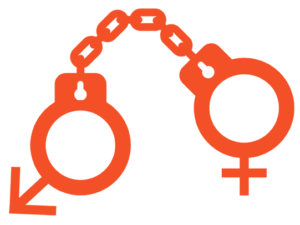Dishonesty, Theft & Fraud
Theft: the felonious taking and appropriation of property without the consent of the owner with the intent to deprive him or her of that property.
Fraud: the bringing about of some definite practical result such as the transfer of money by means of false pretences.
Other common crimes of dishonesty are;
Reset: the retention of goods which have been dishonestly obtained by theft, robbery, embezzlement or fraud.
Uttering: uttering or passing something off as genuine such as a stolen cheque or altered prescription.
Embezzlement: the theft or misappropriation of funds placed in one person’s trust or belonging to that person’s employer. The basic difference between embezzlement and theft is that for embezzlement there must be a relationship between the accused and the owner of the property. A common example may be a cashier taking money from the company they work for.
From basic thefts to complex frauds, our solicitors have extensive experience, and no case is regarded as too big or too small. The rules of evidence in Scotland can often be complex, particularly in relation to fraud offences. We make the effort to go through each case in detail with our clients, identifying the strength of the evidence against them and the prospects of success at Trial.
If you have been contacted by the authorities in relation to any of the following offences or believe that you are going to be then we recommend that you contact us immediately for free legal advice.





